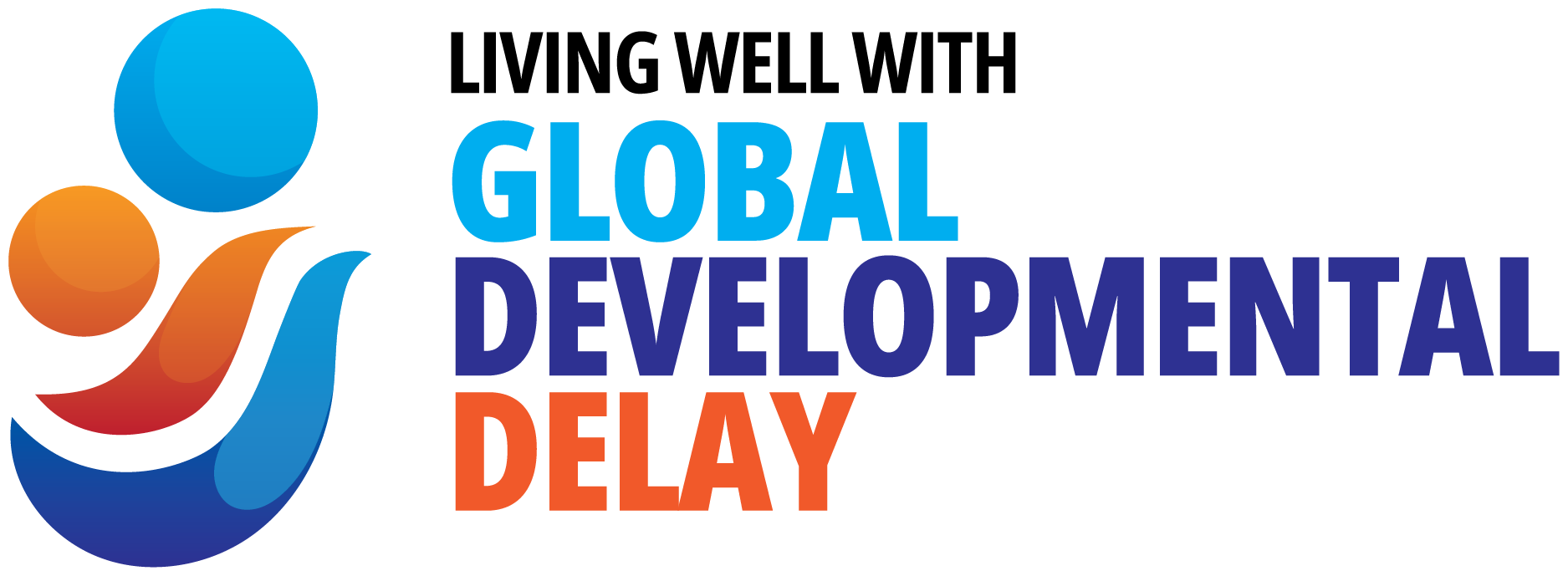Early Childhood Intervention Australia (2016). National Guidelines: Best Practice in Early Childhood Intervention. Sydney, NSW: Early Childhood Intervention Australia.
http://www.ecia.org.au/resources/best-practice-guidelines/national-guidelines-for-best-practice
Division for Early Childhood (2015). DEC Recommended Practices: Enhancing Services for Young Children with Disabilities and Their Families. Los Angeles, California: Division for Early Childhood.
Moore, T.G. (2009). The nature and significance of relationships in the lives of children with and without developmental disabilities. Keynote presentation at National Conference of the Early Intervention Association of Aotearoa New Zealand ~ Quality Practices: New Practices ~ Auckland, 1st April.
http://www.rch.org.au/emplibrary/ccch/TM_EIAANZ_Conference_09.pdf
Moore, T.G. (2012). Rethinking early childhood intervention services: Implications for policy and practice. Invited Pauline McGregor Memorial Address to the 10th Biennial National Early Childhood Intervention Australia (ECIA) Conference and 1st Asia-Pacific Early Childhood Intervention Conference 2012, 9th August, Perth, Western Australia. http://www.rch.org.au/uploadedFiles/Main/Content/ccch/profdev/ECIA_National_Conference_2012.pdf
Workgroup on Principles and Practices in Natural Environments (2008a). Agreed upon mission and key principles for providing early intervention services in natural environments. Chapel Hill, North Carolina: National Early Childhood Technical Assistance Centre, Office of Special Education Programs, US Department of Education. http://ectacenter.org/~pdfs/topics/families/Finalmissionandprinciples3_11_08.pdf
Workgroup on Principles and Practices in Natural Environments (2008b). Seven key principles: Looks like / doesn’t look like. Chapel Hill, North Carolina: National Early Childhood Technical Assistance Centre, Office of Special Education Programs, US Department of Education. http://ectacenter.org/~pdfs/topics/families/Principles_LooksLike_DoesntLookLike3_11_08.pdf
Workgroup on Principles and Practices in Natural Environments (2008c). Agreed upon practices for providing early intervention services in natural environments. Chapel Hill, North Carolina: National Early Childhood Technical Assistance Centre, Office of Special Education Programs, US Department of Education. http://www.nectac.org/~pdfs/topics/families/AgreedUponPractices_FinalDraft2_01_08.pdf
Ensher, G. and Clark, D.A. (2011). Relationship-Centered Practices in Early Childhood: Working with Families, Infants, and Young Children at Risk. Baltimore, Maryland: Paul H. Brookes.
Fialka, J. M., Feldman, A. K. and Mikus, K. C. (2012). Parents and professionals: Partnering for children with disabilities. Thousand Oaks, California: Corwin.
Keilty, B. (2016). The Early Intervention Guidebook for Families and Professionals: Partnering for Success (2nd. Ed.). New York: Teachers College Press.
Keilty, B., Kosaraju, S. and Levine, H. (2017). Seven Essentials for Family–Professional Partnerships in Early Intervention. New York: Teachers College Press.
Raver, S.A. and Childress, D.C. (2015). Family-Centered Early Intervention: Supporting Infants and Toddlers in Natural Environments. Baltimore, Maryland: Paul H. Brookes.
Rush, D.D. and Shelden, M.L. (2020). The Early Childhood Coaching Handbook (2nd Ed). Baltimore, Maryland: Paul H. Brookes.
Shelden, M.L. and Rush, D.D. (2022). The Early Intervention Teaming Handbook: The Primary Service Provider Approach (2nd Ed.). Baltimore, Maryland: Paul H. Brookes.
Rosenbaum, P. and Gorter, J.W. (2012). The ‘F-words’ in childhood disability: I swear this is how we should think! Child: Care, Health and Development, 38 (4): 457-463. doi: 10.1111/j.1365-2214.2011.01338.x.
Solomon, A. (2013). Far From The Tree: Parents, Children and the Search for Identity. London, UK: Chatto and Windus.

